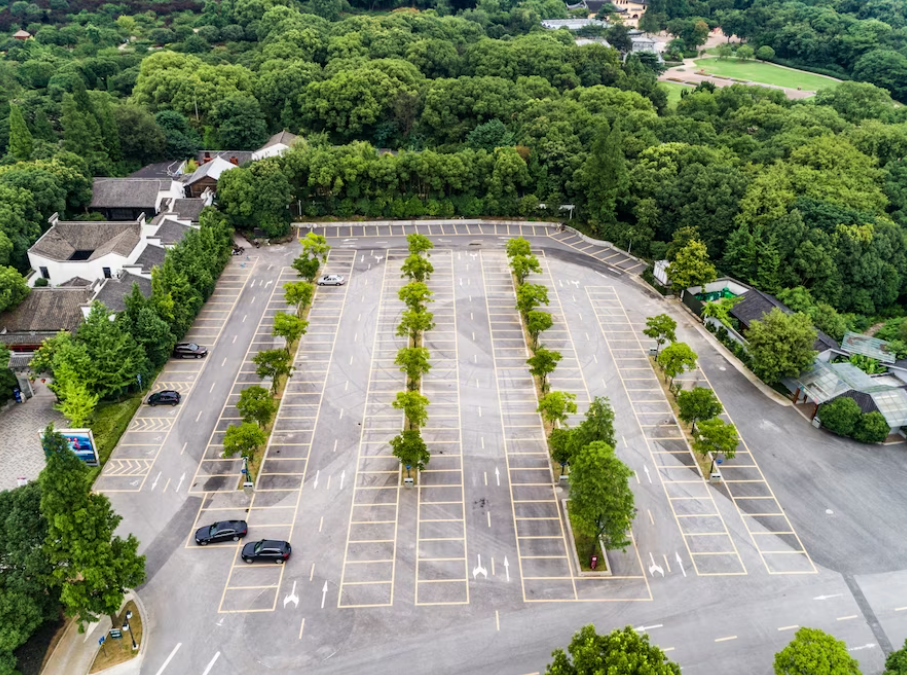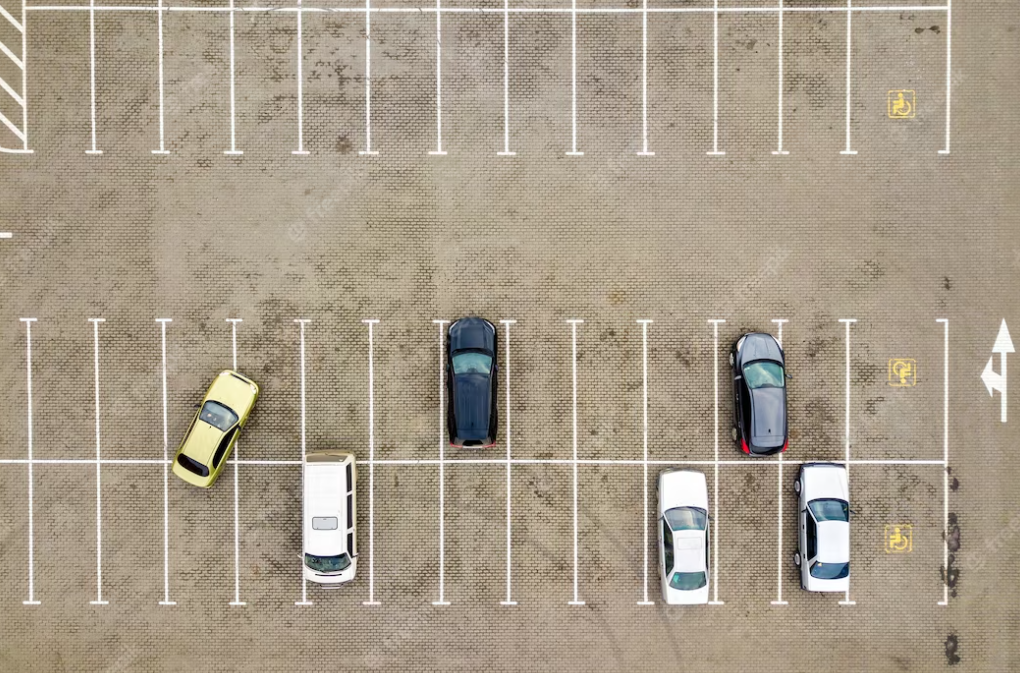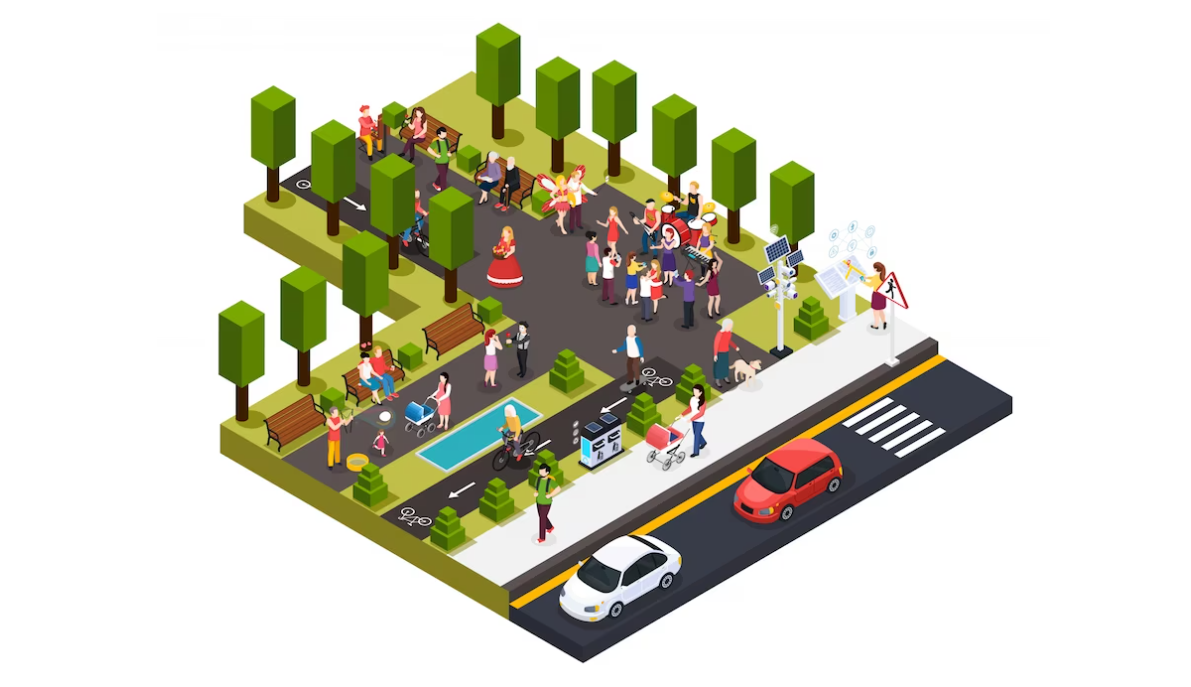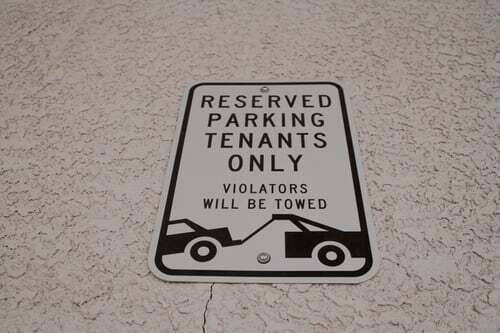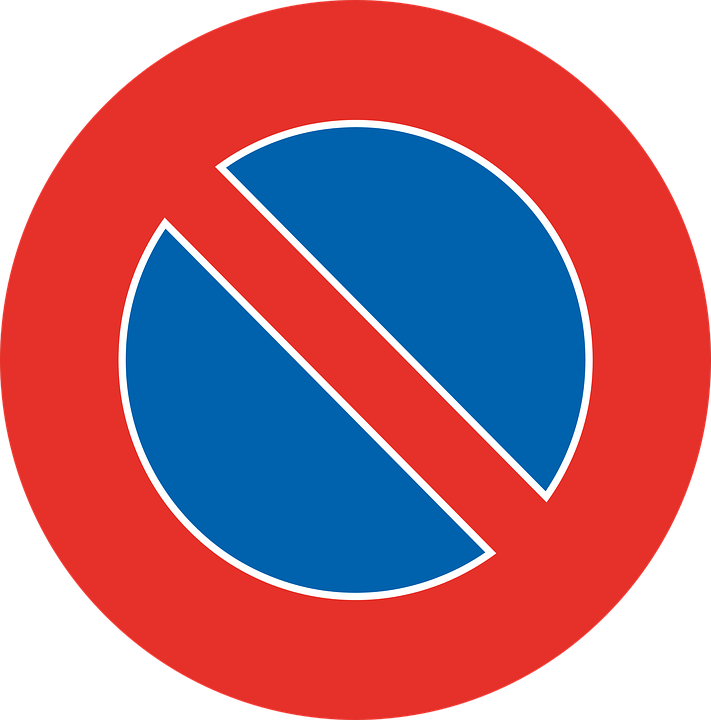Urban congestion is a global problem that is taking a toll on our environment, economy, and quality of life. It is a growing issue that is affecting cities around the world, with traffic congestion being a major contributor. While there are various solutions proposed for reducing congestion such as public transportation, carpooling, and cycling, there is another solution that has been gaining popularity in recent years – parking apps.
The Problem of Urban Congestion
Urban congestion, characterized by heavy traffic, long commutes, and gridlocked streets, has far-reaching consequences. It leads to increased stress levels, decreased productivity, and significant economic losses due to wasted time and fuel. Furthermore, the environmental impact of congestion cannot be ignored, as it contributes to air pollution, greenhouse gas emissions, and climate change.
The Role of Parking Apps
Parking apps are designed to help drivers find parking spots in crowded areas, allowing them to quickly and easily locate a spot without driving around aimlessly. This not only saves time for drivers but also reduces the amount of time spent on the road, which in turn reduces traffic congestion. By reducing the number of cars on the road, parking apps can help alleviate urban congestion.
Environmental Benefits
In addition to reducing congestion, parking apps also have a positive impact on the environment. By reducing the time spent on the road, parking apps help reduce air pollution and greenhouse gas emissions. This is especially important in crowded urban areas where air pollution is a major health concern. By encouraging drivers to find parking spots quickly and efficiently, parking apps can help reduce the number of cars on the road, leading to a cleaner and healthier environment.
Economic Advantages
Finally, parking apps also have economic benefits. They allow drivers to save money on gas and parking fees, as well as reducing the cost of infrastructure maintenance. By reducing the amount of time spent on the road, parking apps can help increase productivity and economic growth, as people spend less time stuck in traffic and more time being productive.
Looking to the Future
In conclusion, parking apps have the potential to play a significant role in reducing urban congestion. By reducing the time spent on the road, parking apps can help reduce traffic congestion, air pollution, and greenhouse gas emissions, as well as providing economic benefits. As more and more cities around the world adopt these apps, we can look forward to a cleaner, healthier, and more efficient future.
As urbanization continues and the need for efficient transportation solutions grows, parking apps can be a crucial part of the solution to reduce congestion, protect the environment, and improve the overall quality of life in our cities. The shift towards greener and more sustainable urban mobility is essential, and parking apps are playing a vital role in this transformation.
The Future of Urban Mobility
To truly understand the impact of parking apps on reducing urban congestion, we need to delve deeper into the future of urban mobility. Cities are growing at an unprecedented rate, and as more people move to urban centers, the demand for transportation solutions continues to rise. While public transportation systems have long been a staple of urban mobility, they often struggle to keep up with the increasing population densities in cities. This is where parking apps step in as a complementary solution.
The future of urban mobility is multi-modal, and parking apps are a crucial part of this ecosystem. They bridge the gap between personal vehicles and public transportation, making it easier for people to transition from one mode of transport to another seamlessly. Here’s how parking apps fit into the future of urban mobility:
1. Reducing Car Ownership: One of the key aspects of future urban mobility is a reduction in car ownership. With the rise of ride-sharing services and the convenience of parking apps, more people are opting for car-sharing models and foregoing the need to own a personal vehicle. This shift not only reduces the number of cars on the road but also minimizes the need for extensive parking infrastructure.
2. Integrating Public Transportation: Parking apps are evolving to become more than just tools for finding parking spots. They are integrating with public transportation systems to provide users with comprehensive mobility solutions. Users can now plan their entire journey, including parking and public transit, within a single app, reducing the need for personal vehicle use.
3. Promoting Sustainable Modes of Transport: Parking apps also encourage the use of sustainable transportation modes. They can provide information on nearby bike-sharing stations, public transit routes, and walking paths, giving users alternative options to driving. By promoting these sustainable modes, parking apps contribute to reducing urban congestion and lowering emissions.
4. Real-Time Data and Predictive Analytics: The future of parking apps lies in their ability to provide real-time data and predictive analytics. Advanced algorithms can analyze traffic patterns, parking availability, and user preferences to optimize parking recommendations. This not only saves time for users but also helps manage traffic flow more efficiently.
5. Smart City Integration: As cities become smarter, parking apps are likely to integrate with broader smart city initiatives. For example, they can communicate with traffic management systems to provide users with real-time traffic updates and suggest alternative routes to avoid congestion. This level of integration can significantly reduce urban congestion.
If you’re interested in listing your parking space and contributing to the solution of urban congestion, you can get started by using the following link: List Your Parking Space.

